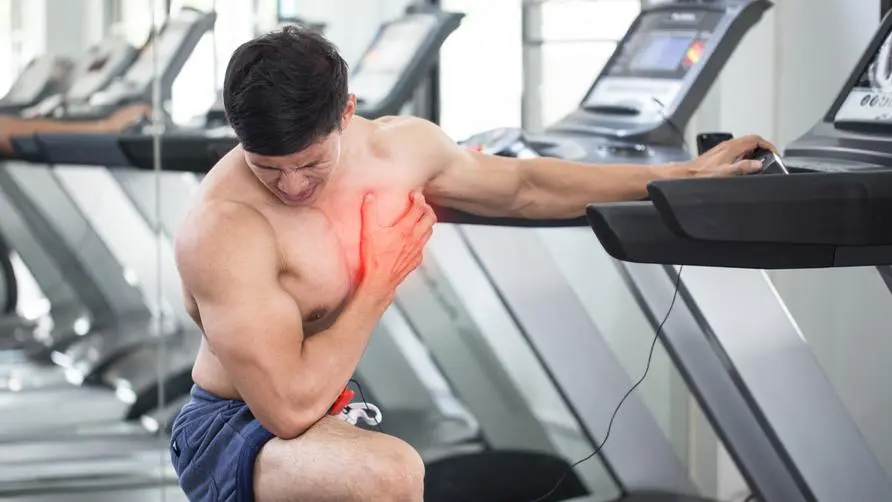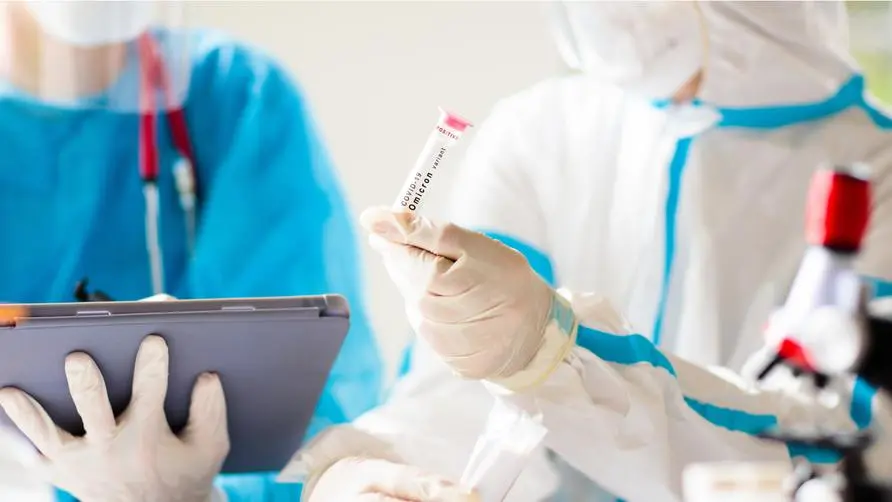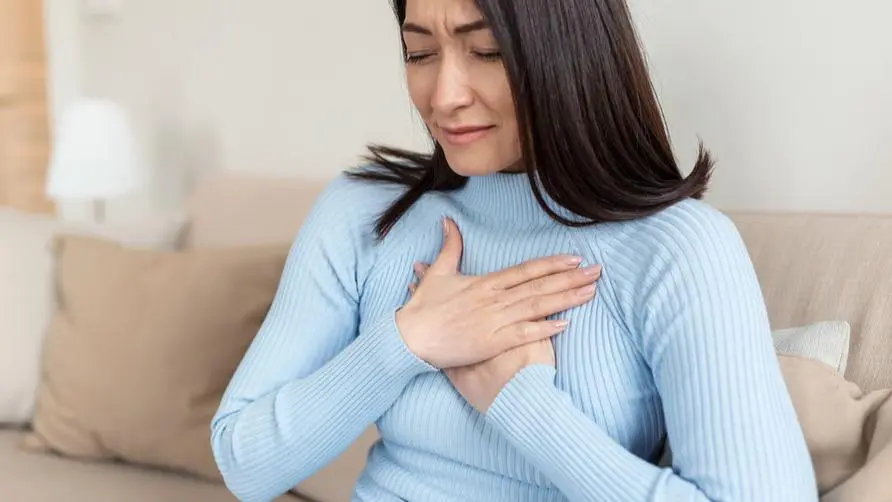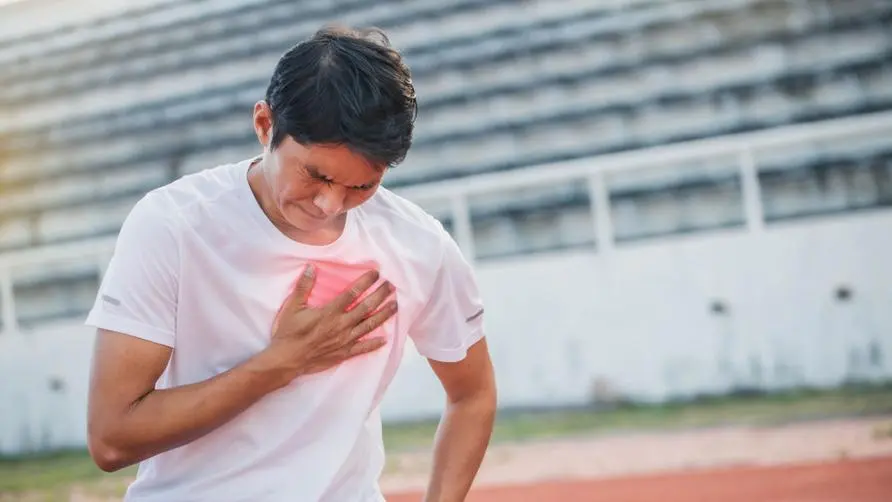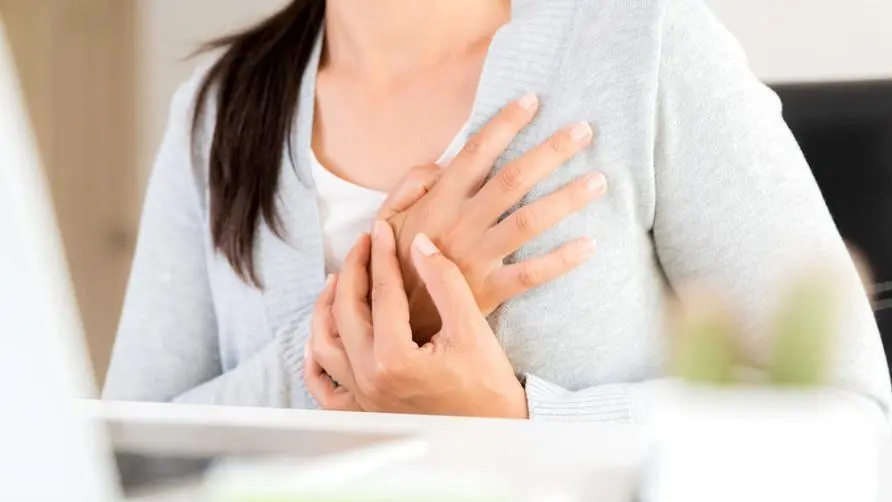Does eating hot pot and soaking in hot springs in winter put a heavy load on the heart? Is getting up early and exercising more likely to cause heart palpitations? Doctor: If you have a family history, be careful of the "three major landmines"

Will eating pot at the end of the year increase the risk of cardiovascular disease? Doctor: Eating more than 4 times a week is too dangerous!
At year-end gatherings, people like to meet up to eat hot pot, soak in hot springs or have drinks. Be careful, as this may increase the risk of cardiovascular problems or even acute attacks. Dr. Chen Jieyu, the attending physician of the Department of Cardiology at Cathay Hospital, said that the high calories contained in hot pot meals will increase cholesterol. If there is a family history, it may further increase blood pressure and even increase the risk of myocardial infarction.
Dr. Chen Jieyu believes that in dietary supplement dishes such as sesame oil chicken and ginger duck, the soup base is boiled with large bones, and a large amount of salt and fat are added to produce high levels of “purine”, which is responsible for the formation of cholesterol and triglycerides. Too high may even lead to gout. Excessive intake may trigger acute cardiovascular disease attacks, such as hypertension, myocardial infarction, etc.
The sauce that is indispensable when people eat hot pot is also a “landmine diet” that causes cardiovascular diseases. Dr. Chen Jieyu said that the sodium content of condiments such as sand tea sauce and soy sauce is too high. Excessive intake is not good for the kidneys and may also affect the cardiovascular system.
In addition, consuming high-sugar drinks and ice cream, or overly spicy food and soup bases can easily dehydrate the body quickly. Dr. Chen Jieyu said that sweet drinks and sweet foods will cause the body to produce “high osmotic pressure”, which will not quench thirst and increase cardiovascular load. We are reminded that if you have a family history of cardiovascular disease or have high cholesterol, but you still eat hot pot 3-4 times a week, your chances of developing related complications may increase significantly in winter.
Does bathing in the bath increase vasoconstriction in winter? Will soaking in the wrong posture increase the risk of arrhythmia?
In addition to poor eating habits that may lead to cardiovascular events, Dr. Chen Jieyu said that patients with cardiovascular disease should be even more vigilant when the ambient temperature varies greatly. For example, people like to “take a bath” when a cold wave hits. The temperature difference between the boiling hot springs and the ambient temperature is huge. Once you stand up suddenly, the blood vessels may excessively expand and contract in a short period of time, leading to syncope and postural hypotension.
Dr. Chen Jieyu suggests that if you have related cardiovascular problems, your heart should be “above the water” when soaking in hot springs to avoid drastic changes in the blood vessels around the heart, which may cause sudden heart palpitations or arrhythmia. In addition, if you need to take blood pressure medicine regularly, you should wait 1-2 hours after taking the medicine before taking a bath to avoid hypotension.
Don’t want to “jog early in the morning” in winter? “Excessive temperature difference” is the culprit of heart failure! ?
Dr. Chen Jieyu pointed out that the temperature in the early morning in winter is the lowest point of the day, and it is also the time when the temperature changes are the most dramatic. Some elderly people like to get up early to go out for running and exercise. The body will withstand great temperature changes and will also increase the load during exercise. Therefore, it is not recommended for patients with severe arrhythmia, heart failure, and cardiovascular obstruction to exercise early in the morning. Get out and exercise. Dr. Chen Jieyu said that you can do exercise before noon and after early morning, when the temperature is relatively stable; and there are more pedestrians on the road, so there are more opportunities to seek help in case of emergency.
Finally, Dr. Chen Jieyu reminded that keeping warm is very important in winter when the temperature is low or a cold wave strikes. The period from December to February coincides with festivals such as Christmas, New Year’s Eve and Lunar New Year. When traveling or shopping, the temperature is high during the day, and it is easy to neglect to bring a coat; in the evening, the temperature drops sharply, which increases the load on the heart. Therefore, people who often go out should remember to carry warm items with them. Elderly people should avoid adding too many clothes in the morning, which may cause dehydration, and just take them off when it’s hot and put them on when it’s cold.
Further reading:
